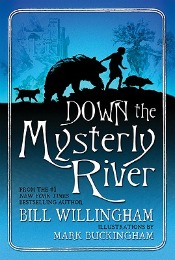Title: Down the Mysterly River
Author: Bill Willingham
Genre: Middle grade fiction
Year: 2011
Acquired: Book Expo America
Rating: 




Summary from Indiebound:
Max “the Wolf” is a top notch Boy Scout, an expert at orienteering and a master of being prepared. So it is a little odd that he suddenly finds himself, with no recollection of his immediate past, lost in an unfamiliar wood. Even odder still, he encounters a badger named Banderbrock, a black bear named Walden, and McTavish the Monster (who might also be an old barn cat)—all of whom talk—and who are as clueless as Max.
Before long, Max and his friends are on the run from a relentless group of hunters and their deadly hounds. Armed with powerful blue swords and known as the Blue Cutters, these hunters capture and change the very essence of their prey. For what purpose, Max can’t guess. But unless he can solve the mystery of the strange forested world he’s landed in, Max may find himself and his friends changed beyond recognition, lost in a lost world…
Review: I grabbed this book at BEA because I have a bit of an author crush on Bill Willingham and his Fables series of graphic novels. I don’t read a lot of middle grade/young adult fiction, but the idea of Down the Mysterly River reminded of a lot of what Willingham does in Fables — play around with stories we think we know and finding ways to explore them in new ways.
In this case, Willingham mashes together some slightly unfamiliar children’s stories into an adventure tale in a unfamiliar world. I read this one during the October Read-a-Thon and thought it was charming and perfect for reading in that setting. Max is exactly the sort of precocious kid that I adore, plus there were talking animals and dastardly criminals and a mystery to solve. Willingham also isn’t afraid of letting bad things happen to characters (off the page, but still bad things), which I wasn’t expecting in a book for this age group.
I do wonder if it’ll even be possible for kids to figure out the central mystery of this book, given the source material that Willingham is working with. I wasn’t familiar with most of the stories, so I was well behind Max in figuring everything out. I don’t think that necessarily makes the book bad, just something I’m curious about.
Down the Mysterly River isn’t a life-changing book, but I was charmed by it and think it’s the kind of book I’d suggest for readers who enjoy smart and literary mystery adventure tales.
Other Reviews: Good Books and Good Wine |
If you have reviewed this book, please leave a link to the review in the comments and I will add your review to the main post. All I ask is for you to do the same to mine — thanks!






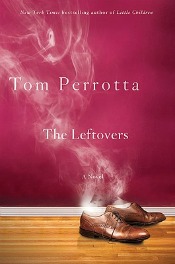
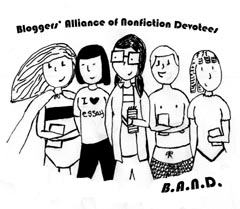
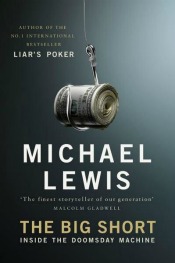 I got a start on my list over the weekend when I finally picked up
I got a start on my list over the weekend when I finally picked up 
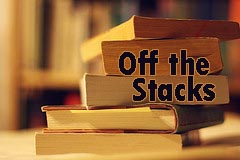
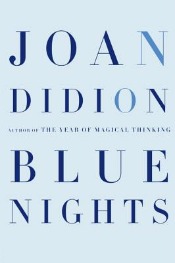 Title:
Title: 